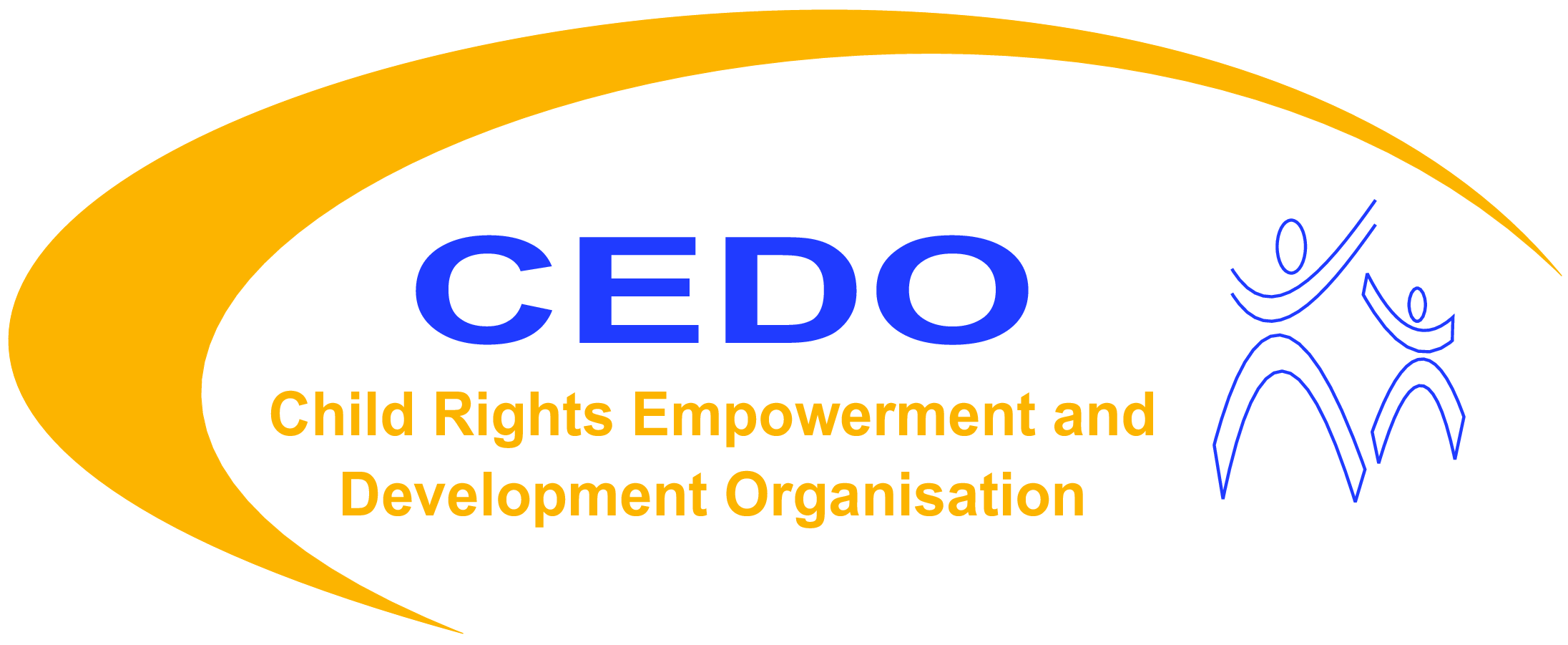Young Population:
In Uganda, 34.8% of the country’s 34.6 million population are adolescents with a similar sex distribution (UNFPA, 2018). Young people aged 10-24 comprise 21% of the total population (6 million) and 78% (20 million) are aged below 30 years. There are estimated to be up to 7.3 million women of reproductive age (15-49), who are expected to give birth to 1.5 million babies in 2015. Sexual debut for Ugandans is early and coercive sexual debut is common. The rate of teenage pregnancy is estimated to be as high as 25%. These and other factors confirm that there is a significant unmet need for sexual and reproductive services in Uganda across all age groups, but especially amongst young people.


Currently, there are efforts from different actors to address the problem of CM and early pregnancies in Uganda. However, the challenge is that these efforts are still fragmented and uncoordinated, posing a problem of limited learning and sharing between agencies and between different stakeholders including the private sector. There is therefore need for an integrated project to stop child sexual abuse by all stakeholders for an effective collective voice to address gaps in prevention, promotion and prosecution related intervention strategies.
